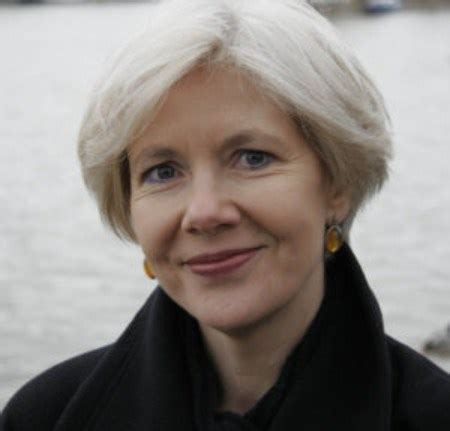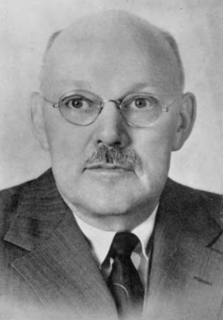A Quote by Henry David Thoreau
What sort of space is that which separates a man from his fellows and makes him solitary?
Related Quotes
Suddenly he saw himself as others in the crowd must surely see him; a silent, solitary figure, standing apart from the rest. He looked out at the hoardes of singing, laughing people and felt more alone than he'd ever felt in his life. Was this how it was going to be then? Was this who he was? A man apart from his fellows, making the journey through life alone?
In the Small group the individual can know the effects of his actions on his several fellows, and the rules may effectively forbid him to harm them in any manner and even require him to assist them in specific ways. In the Great Society many of the effects of a person's actions on various fellows must be unknown to him. It can, therefore, not be the specific effects in the particular case, but only rules which define kinds of actions prohibited or required, which must serve as guides to the individual.
A prisoner lived in solitary confinement for years. He saw and spoke to no one and his meals were served through an opening in the wall. One day an ant came into his cell. The man contemplated it in fascination as it crawled around the room. He held it in the palm of his hand the better to observe it, gave it a grain or two, and kept it under his tin cup at night. One day it suddenly struck him that it had taken him ten long years of solitary confinement to open his eyes to the loveliness of an ant.
The mortal enemies of man are not his fellows of another continent or race; they are the aspects of the physical world which limit or challenge his control, the disease germs that attack him and his domesticated plants and animals, and the insects that carry many of these germs as well as working notable direct injury. This is not the age of man, however great his superiority in size and intelligence; it is literally the age of insects.
Man is, at one and the same time, a solitary being and a social being. As a solitary being, he attempts to protect his own existence and that of those who are closest to him, to satisfy his personal desires, and to develop his innate abilities. As a social being, he seeks to gain the recognition and affection of his fellow human beings, to share in their pleasures, to comfort them in their sorrows, and to improve their conditions of life.
What we suffer from today is humility in the wrong place...The old humility was a spur that prevented a man from stopping; not a nail in his boot that prevented him from going on. For the old humility made a man doubtful about his efforts, which made him work harder. But the new humility makes a man doubtful about his aims, which will make him stop working altogether.
It is not the right of property which is protected, but the right to property. Property, per se, has no rights; but the individual - the man - has three great rights, equally sacred from arbitrary interference: the right to his life, the right to his liberty, the right to his property The three rights are so bound together as to be essentially one right. To give a man his life but to deny him his liberty, is to take from him all that makes his life worth living. To give him his liberty but take from him the property which is the fruit and badge of his liberty is to still leave him a slave.































